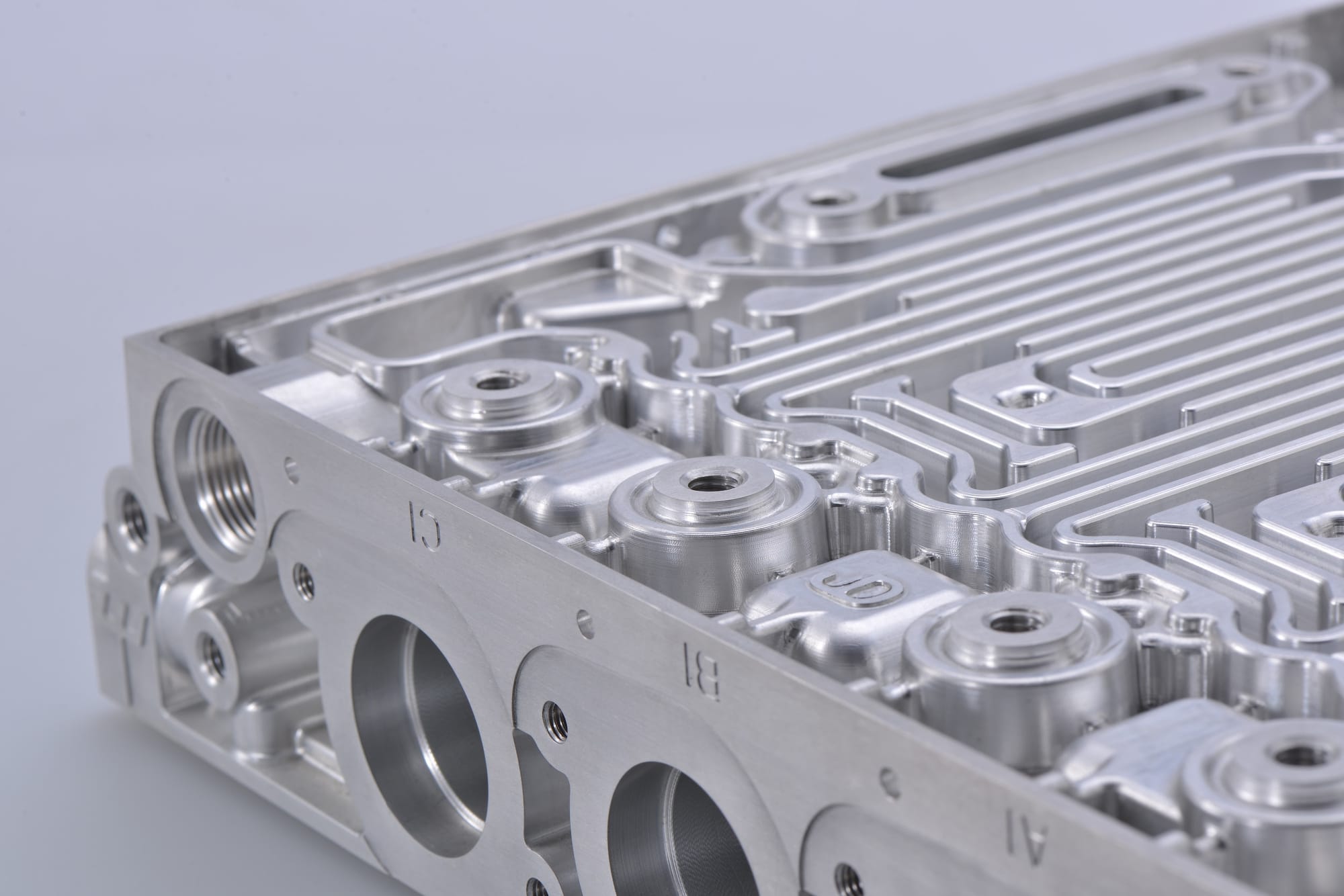CNC Milling Machines: Unraveling the Technology Behind Precision Manufacturing By Nadeed CNC


Computer Numerical Control (CNC) milling machines represent a significant leap forward in manufacturing and fabrication industries. These sophisticated pieces of equipment have revolutionized the way we produce intricate parts and components, making the process faster, more accurate, and highly repeatable. This article delves into the world of CNC milling machines, exploring their workings, benefits, applications, and safety considerations.
What is a CNC Milling Machine?
A CNC milling machine is a computer-controlled device used to cut and shape materials, predominantly metals and plastics, into precise parts and components. Unlike manual milling, where operators must adjust the machine by hand, CNC milling utilizes computerized controls to maneuver the machine's cutting tools, enabling intricate and complex parts to be made with high precision and consistency.
How Does It Work?
The CNC milling process begins with a digital 3D design of the desired part, typically created using Computer-Aided Design (CAD) software. This design is then converted into a series of specific instructions, or a 'program', which tells the CNC milling machine exactly how to move the cutting tools to create the part. This program is written in a language called G-code.Once the program is loaded into the CNC milling machine, the machine follows these instructions, moving its cutting tools along three axes (X, Y, and Z) to cut and shape the material. The machine can also rotate the tools or workpiece to create complex shapes and features.
Benefits of CNC Milling Machines
CNC milling machines offer several advantages over traditional manual milling:
1. High Precision and Consistency:CNC milling machines can produce parts with extremely high precision, and they can repeat this process consistently over large production runs.
2. Versatility:These machines can create parts with complex geometries that would be difficult or impossible to produce manually.
3. Reduced Labor:CNC milling machines reduce the need for intensive manual labor, as one operator can oversee multiple machines simultaneously.
4. Increased Productivity:Due to their automated nature, CNC milling machines can operate around the clock, significantly increasing productivity.
Applications of CNC Milling Machines
CNC milling machines are used in a wide range of industries due to their versatility and precision:
1. Automotive:CNC milling is used to create parts such as engine components, custom modifications, and intricate parts for high-performance vehicles.
2. Aerospace:The precision and consistency of CNC milling make it ideal for creating parts for aircraft and spacecraft, where component tolerances are extremely tight.
3. Medical:CNC milling machines are used to produce surgical instruments, orthotic devices, and other medical equipment with high precision requirements.
4. Electronics:These machines are used to create circuit boards, housings, and other electronic components.
Safety Considerations
While CNC milling machines bring numerous benefits, they also require careful handling due to their powerful and complex nature. Operators should have thorough training to understand the machine's workings and potential hazards. These might include moving parts, sharp tools, and flying debris.Protective gear such as safety glasses and ear protection should be worn, and machines should be kept well-maintained to avoid malfunctions. Additionally, emergency stop buttons should be clearly marked and easily accessible.
Conclusion
CNC milling machines have become an invaluable tool in modern manufacturing, offering unparalleled precision, efficiency, and flexibility. By understanding their workings, benefits, and safety considerations, businesses can harness their full potential to produce high-quality, complex parts and components. As technology continues to evolve, the capabilities of CNC milling machines are expected to advance even further, opening new avenues in precision manufacturing.



